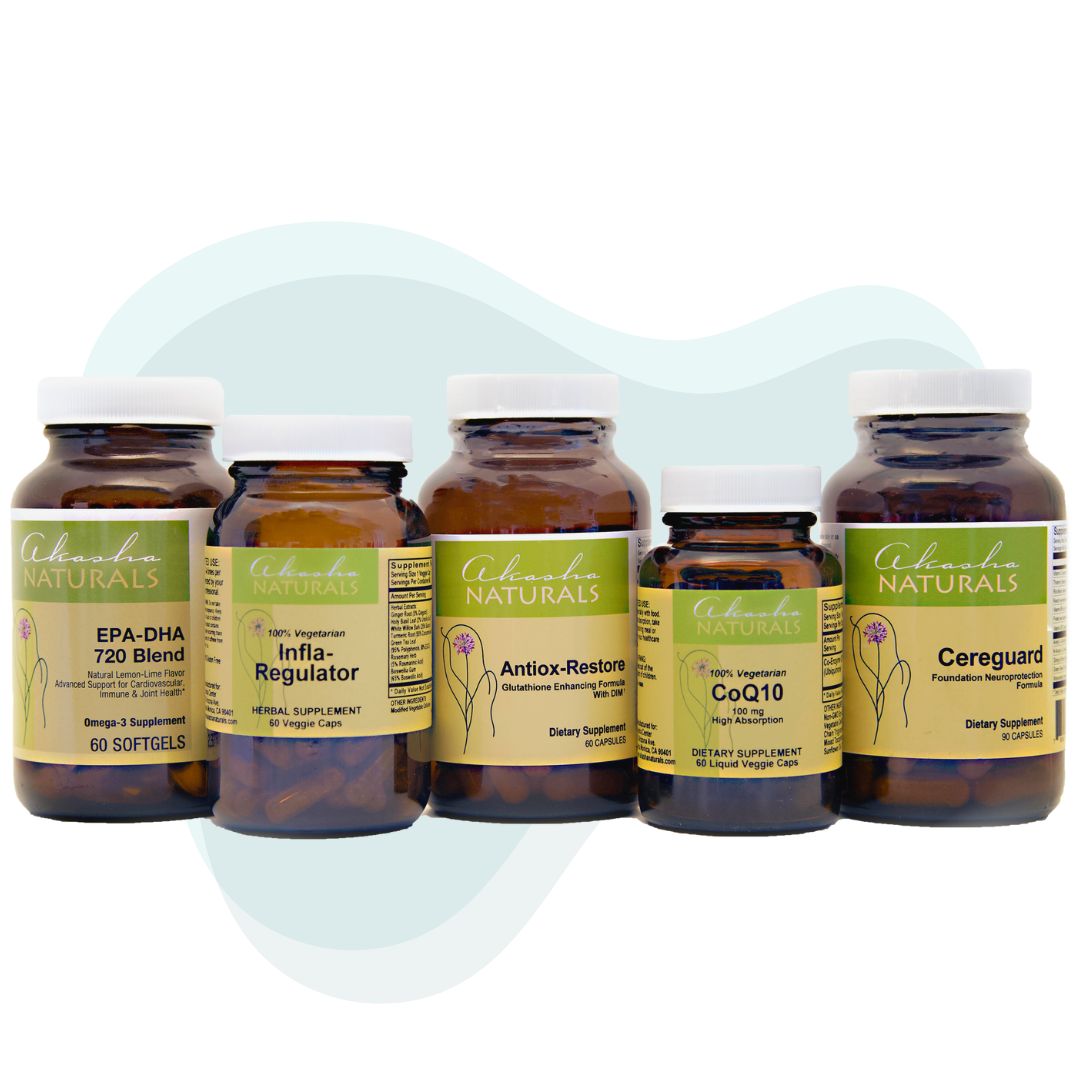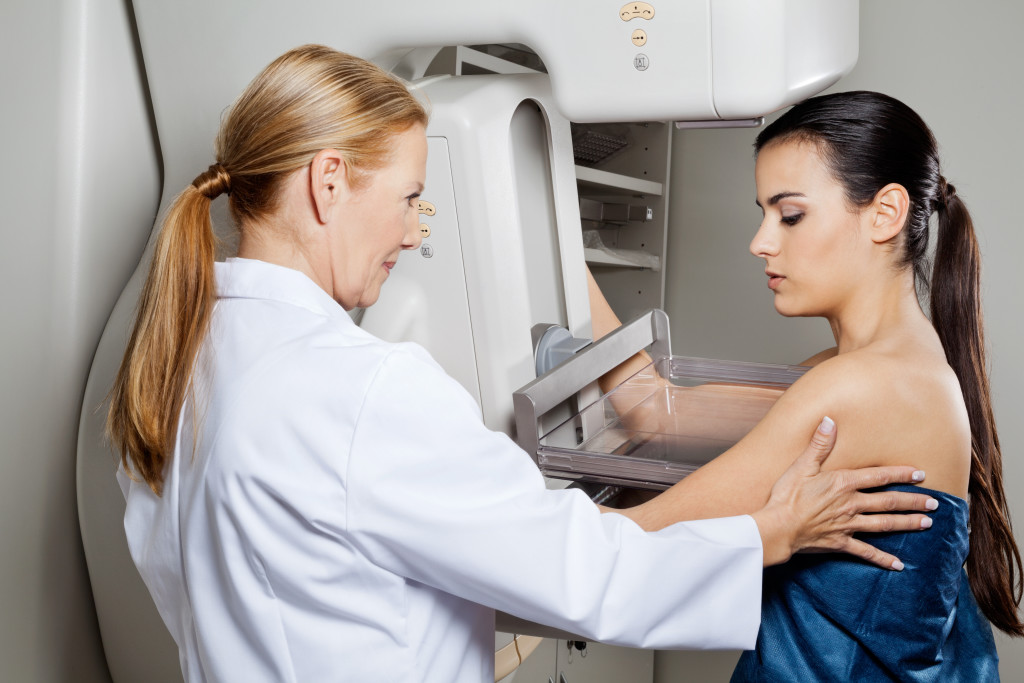1 in 8 women will be diagnosed with breast cancer in their lifetime, which is a scary statistic. Although the two most common risk factors for breast cancer (being a woman and getting older) are things you cannot change, there are some lifestyle choices you can make to at least reduce your risk.
- Maintain a healthy weight, as gaining weight in adulthood increases the risk of breast cancer.
- Exercise regularly to lower your risk of breast cancer by 10-20% compared to women who are inactive.
- Choose to breastfeed if you can, as it lowers the risk of breast cancer.
- Eat organic vegetables and fruits daily.
- Choose healthy fats – like olive oil, nuts, and omega-3 fats.
- Avoid environmental xenoestrogens in pesticides, hormone residues in meat and dairy products, and industrial pollutants. Opt for hormone-free organic meat, dairy, and produce.
- Limit meat intake, women who eat the most meat have a higher breast cancer risk than women who eat less meat, and avoid eating charred meat.
- Reduce your intake of alcohol, as studies have shown that women who drink 2-3 alcoholic drinks per day have a 20% higher risk of breast cancer.
- Eat more fiber, which is associated with weight loss and reduced estrogen levels, lowering risk of cancer.
- Include whole soy foods in your diet like edamame, soymilk, tofu, and tempeh the less processed the better.
- Drink green tea daily, which has been linked to a lower incidence of cancer.
- Don’t smoke cigarettes.
- Get enough Vitamin D because low vitamin D has been associated with breast cancer.
Early detection is also an important factor. It is recommended to do monthly breast self-exam to familiarize yourself with how your breasts look and feel in order to be able to detect any changes. Have an annual breast exam with a physician and an annual mammogram if you are over the age of 40. If you have a family history of breast cancer, you can meet with a genetic risk assessment counselor to help guide your surveillance plan. The majority of women who get breast cancer have none of the known clinical risk factors. You can join the Health of Women (HOW) Study online at www.healthofwomenstudy.org if you would like to contribute to current research looking into why people get breast cancer.





